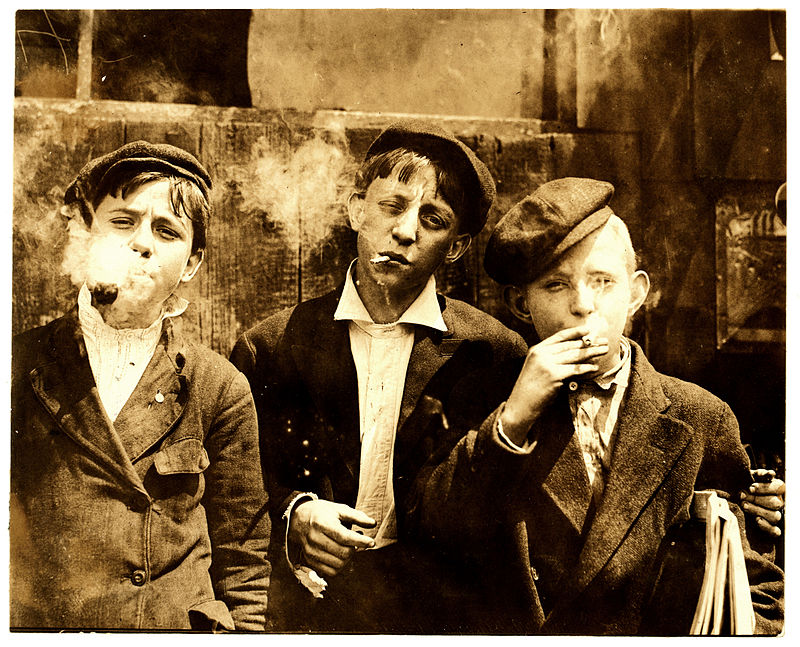Causation and Correlation are terms frequently used in scientific and health studies, and a difference can be identified between them. It can be challenging to find the real cause of a phenomenon, as sometimes, cause and effect are closely related, but often they are not. Humans often assume that if two events are correlated, they are also causally connected. However, this is not the case in most situations. This issue is known as the difference between causation and correlation. It’s a fallacy to assume that just because two events are correlated, they tend to cause each other also. This fallacy or tendency is referred to as non-causa pro causa in Latin, or simply non-cause for the cause. Through this article, we will attempt to gain a clear understanding of the difference between the two.
What is Causation?
Causation highlights that there exists a causal relationship between two things. In other words, it emphasizes that A causes B. In scientific and health studies, the problem of confusion between correlation and causation is frequently observed. In theory, it is easy to differentiate, but in reality, it may not be so simple. In real life, one event can cause another event, as in lung cancer occurring due to smoking. If an event causes another, it is certainly correlated with another, as is evident from this example. But just because two events commonly occur together does not mean that they are causative, for example, smoking and alcoholism go together. But it cannot be said that one causes another.
When causative factors are many, and none can be pinpointed as the real one, as in the case of cancers, the problem multiplies for common people as scientists then present causative factors as high-risk factors. They are not sure if these high-risk factors are in fact responsible for cancer. It simply means that people have to avoid a lot of things thinking they lead to cancer. There are so many of these high-risk factors that you would feel you cannot eat, drink or even move out of your home.
What is Correlation?
Correlation, on the other hand, highlights that there exists a relationship between two things; however, it does not predict causality. The strength and degree to which two events are related determine if they are just correlated or causal. If one event certainly leads to another, it is easy to establish a causal relationship. But if two events take place in a phenomenon, but one is not causing another, they are said to be just correlated and not causal.
It is easy to say that students who watch and play video games full of violence, blood, and gore become aggressive in nature, but it is not a certainty as there are many who remain normal even after playing lots of these games. Here it would be more correct to say that violent games and violent behavior are correlated, but they necessarily do not have a cause and effect relationship. If there had been a causal relationship between watching violent video games and subsequent aggressive behavior, every child watching and playing these games would have become violent, and these games would have been banned.
Similarly, all students in a class get the same teaching by their teachers, but some get excellent marks, but some also fail. Hence, it would be wrong to assume that there is a causal relationship between good marks and teaching. Yes, they are correlated, but if they had a causal relationship, every student should have had the same abilities and skills. This highlights that causation and correlation are different from one another.
Key Takeaways
- Causation highlights that there exists a causal relationship between two things.
- Correlation highlights that there exists a relationship between two things, but it does not predict causality.
- It is a fallacy to assume that just because two events are correlated, they tend to cause each other also.
